Now that your employer has provided you with equity compensation, it’s time to add it into your financial plan. Companies are using equity compensation to attract and recognize high quality employees. Equity compensation such as stock options and restricted stock can be a major asset to your financial plan.
To maximize your equity benefits, you need to go over your financial plan when the benefits are granted to you. It is not a smart decision to put this equity on the back burner. Your equity compensation can assist you in reaching your financial goals. You need to ask yourself several questions:
1. When will you be able to actually own company stock? This will differ if you have stock options or restricted stock.
2. How long do you plan to stay at your current employers? What happens with your equity benefits if you leave?
3. Do your equity benefits expire? If so, when?
Before diving into your equity compensation, you need to understand your risk tolerance. If you are close to retirement, you may want to have a lower tolerance for risk. If you are a younger investor, you may want to be more aggressive with your investment strategy. You will need to consider a few potential scenarios, such as what would happen if your company’s stock price dropped, how would that affect your vested and unvested shares, and how would you feel about changes in the value of your equity benefits.
Understanding your liquidity needs is important when investing in equity benefits. If you need a large sum of money to cover necessary expenses and unexpected bills, you have a high liquidity need. If you need to rely on equity compensation for any future needs, it is important to plan that ahead of time.
Instead of exercising all of your equity benefits at once, you should aim for multiple price targets or stock prices to then take action. This allows you to reap the benefits for rising stock prices while protecting yourself from risk. You should also take tax implications into consideration. By exercising all your options at once, it could hurdle you into a higher tax bracket, thus having a much larger tax bill than normal. Using a price-drive exercising strategy will reduce your tax liability over time.
It is important to have a diversified portfolio to mitigate risk. Whether it is different stocks, industries, or investment vehicles, owning too much stock of one company can put you in a risky situation. While diversification cannot fully protect you from financial losses, it is a step in the right direction.
If you have been granted equity compensation through your employer and are not sure where to start, contact us at Eagle Grove Advisors. We are here to assist you in revamping your financial plan to include your equity compensation. Give us a call today to get started!
Sources:
https://bairdwealth.com/insights/How-Does-Equity-Compensation-Fit-Into-Your-Financial-Plan
Everything You Need to Know About Incentive Stock Options (ISOs)
ISOs have become very common in tech companies and start-ups. ISO stands for



